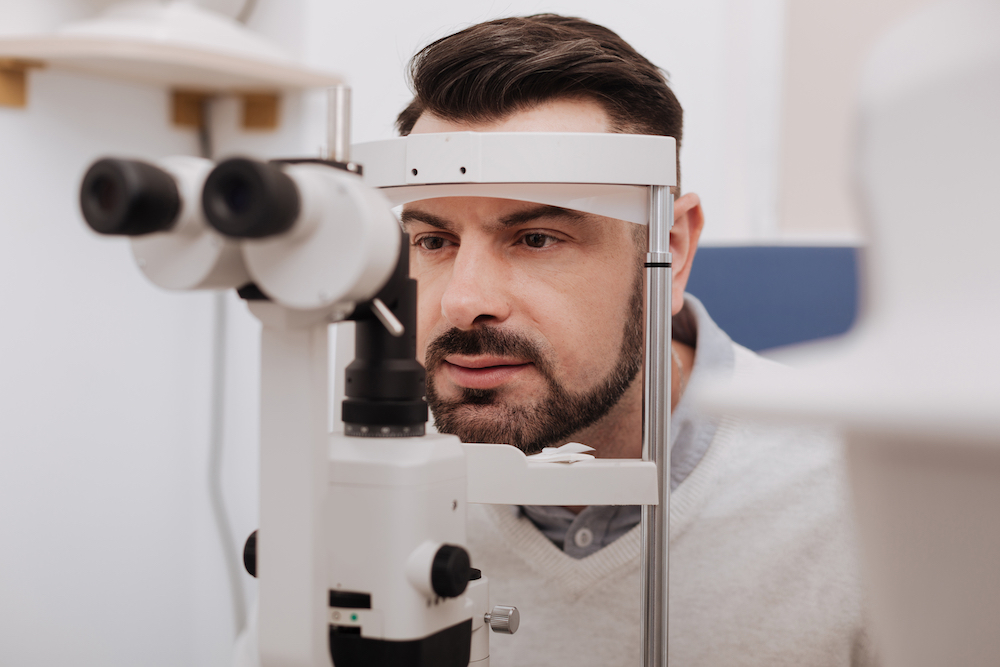
People with diabetes are at a higher risk of developing peripheral neuropathy and eye problems. When you have too much glucose in your bloodstream, it can lead to damage to blood vessels and nerves.
The damage can extend throughout your body and include your eyes. It can also eventually lead to blindness. Regular checkups can help you catch and mitigate these eye problems before they develop into major complications.
Reasons for Eye Care
If you are diabetic, you must go for regular eye checkups. Diabetes is the primary cause of blindness in adults. Do not try to self-medicate when you spot a problem. Seek the advice of a doctor first. Here are some more reasons why you should do that.
Blurry Vision
When you notice that your vision is blurry, do not buy new glasses. The cause of the blurry vision may be high blood sugar. Go to your eye doctor for a checkup and a comprehensive eye exam. If you try to solve the issue yourself, you may worsen it. Your lens may swell, changing your ability to see.
If the issue is blood sugar, you will need to get it back into the target range. It may resolve within a few weeks or take a few months. When your blood sugar stabilizes, so will your vision.
Retinopathy
Diabetic retinopathy may cause blurry vision. Retinopathy is a term describing the retinal disorders that are a result of diabetes. The longer you have diabetes, the more likely you are to get diabetic retinopathy. Keeping your blood sugar under control may lower your chances of getting it. It may also work as a preventative measure against it.
Retinopathy has four stages, and you may not realize there are any symptoms until it is in stage four. These symptoms include blurry vision, floaters in the eye, difficulty seeing at night, and color changes in vision. Retinopathy is not reversible, but it can become stable with treatment.
Cataracts
As cataracts develop, you may experience blurry vision. If you have diabetes, you may develop cataracts at a younger age than most adults. Symptoms of cataracts include cloudy vision, sensitivity to light, or halos around lights. Vision does not improve with new prescription glasses since the condition affects the eyes' natural lens.
Glaucoma
There are several types or forms of this eye condition. It involves the buildup of pressure in the eye when fluid does not drain. It causes damage to the blood vessels and the optic nerve. The damage eventually causes changes in vision and even loss of peripheral vision.
Treatment for the condition includes eye drops and medicine. Eventually, you may need to lower the eye pressure through laser treatments and surgery.
Macular Edema
The center of the retina or macula is responsible for sharp central vision. Macular edema causes it to swell due to leaking fluid. The cause of macular edema in diabetics is retinopathy. Other symptoms include color changes and wavy vision.
For more on the importance of eye care for diabetics, contact Clarity Vision in Williamston, North Carolina at (252) 792-2250 to book an appointment today.
















